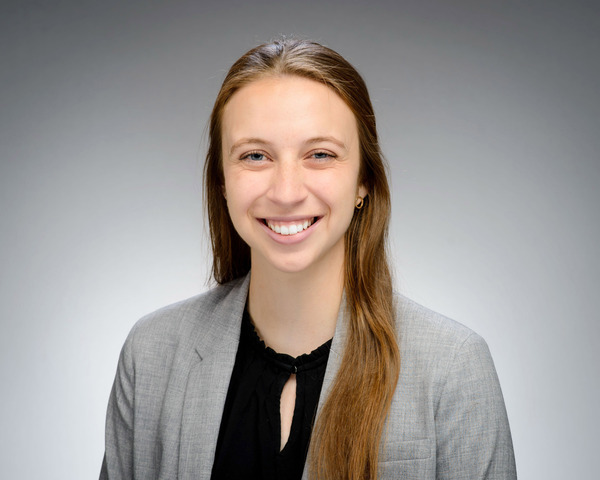The phone rings at ARC Recovery Services, a recovery housing operator in Akron, Ohio. The Felony Drug Court is on the other line requesting that ARC house provide services to Lacy, an Ohioan mother with substance use disorder. Lacy just completed treatment but unfortunately relapsed on heroin, overdosing twice in the previous three days. Fortunately, a bed has just opened at ARC and they’re able to offer Lacy recovery housing immediately.
ARC is one of several Ohio Recovery Housing operators who receive calls like this every day. But capacity is limited and referred clients battling substance use disorders cannot always be served when the phone rings.
As of 2020, Ohio has the fourth highest overdose death rate and the third most deaths of any U.S. state (CDC). There is a tremendous need to break the cycle of substance abuse and create a community of recovery. This is the mission of Ohio Recovery Housing (ORH). ORH was established in 2014 to organize the network of Ohio recovery housing operators, like ARC, and maintain high standards for recovery housing communities.
To be eligible for ORH recovery housing, one must be recovering from substance abuse and/or exiting a treatment program and be willing to live in a drug-free environment. The standard ORH social model of recovery includes safe, clean, and affordable housing; drug and alcohol free living spaces; a formal recovery plan; and peer support services. While each operator functions slightly differently, each of their group housing facilities share these key components and are held to a high standard of quality care.
The research team at LEO, consisting of William Evans, Adrienne Sabety, Mary Kate Batistich, and Eileen Mostyn, is working with 10 ORH operators to evaluate this recovery housing model through a quasi-experimental study. This design will identify the impact of access to recovery housing for those with substance use disorders by exploiting the quasi-random variation in the availability of recovery housing beds at each of the operator locations. The research team will be able to isolate the impact of the program by comparing outcomes for those who were interested in and eligible for recovery housing when a slot was available and those interested and eligible for recovery housing when a slot was not available.

“In the midst of the opioid epidemic, it is very important to create evidence on what works to help those who are recovering from substance use disorders. Ohio in particular has been profoundly affected by this crisis, and the evidence created by this study has the potential to help us understand what kinds of programs are effective in supporting people in recovery. The recovery housing operators with whom we're partnering for this study are incredibly committed to helping those in their community, and we’re very grateful to be working with them to create evidence in this area.” - Eileen Mostyn
The team at ORH is committed to quality and eager to understand how their standardized model impacts recovery and other long term outcomes like housing stability, employment, health care utilization, and interaction with the criminal justice system.
“Through client success stories and internal data collection, we have seen the positive impact of the social model of recovery housing. However, we are excited about this project with LEO because it will allow us to rigorously quantify the impact of offering recovery housing on long-term outcomes,” says Danielle Gray, Executive Director of ORH. “Our hope is that the results of this study will not only illuminate the impact of this program and demonstrate the need for expanded recovery housing, but also help to reduce the stigma around people in recovery and show that communities should embrace recovery housing.”
The research team will be accessing long-term outcome data through participant surveys (for both those who receive recovery housing and those who do not) and administrative data already collected by the state.
For ORH tenants like Lacy, recovery housing offers more than just a bed or an alternative to homelessness. Recovery housing provides a community and a support network throughout their recovery journey. When Lacy arrived at ARC, she was in crisis and was unhappy about being told where to live and what to do. However, when Lacy graduated from ARC, she and her family had fully integrated into the recovery community. Lacy returned as a volunteer, eventually becoming a state-certified peer support before joining the ARC team as administrative assistant. Today, Lacy celebrates over four years with ARC, working each day to help others through recovery and contributing to the ORH community.